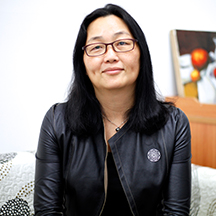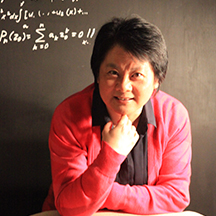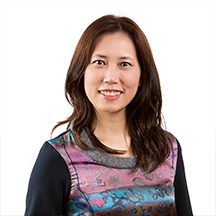Professor and Associate Dean,
School of Communication and Design,
Sun Yat-sen University, China
Professor Zhang Ning. Associate Dean, School of communication and design, Sun Yat-Sen University, director of the Institute of public communication of Sun Yat-Sen University, deputy director of the center for Internet and management of Sun Yat-Sen University. Graduated from University of Tsukuba in 2003 and received a doctorate in sociology. Research expertise is the government’s public relations, political communication and crisis communication
Title and Abstract:
Creative Politics: The Policy Participation of Multiple Subjects and The New Political Relationship by The case of “Meng Hao and the No. 39 Document”
With theories of journalism, communication, political science and public management as basis and a combination of document analysis, case studies, content analysis and interviews as research methods, this dissertation cites 18 cases of alternative actions of citizen participation that happened in Guangzhou and takes the case of “Meng Hao and The No.39 Document” as an example to explore the characteristics of these cases and the connections between them and relevant media coverage. The author also attempts to explore the mechanism behind this phenomenon and why such alternative actions have appeared as a specific phenomenon. Taking the perspective of media access, this study also conducts analysis with a new train of thought considering the public, government and media as a whole.
After a comparative study, the author has reached the following conclusions: Firstly, the protagonists show specific interests in people’s livelihood or public affairs in these cases, along with behaviors influenced by performance arts to gain access to media which caused a mutual influence. Secondly, the reports about the cases put labels on the protagonists who have achieved a breakthrough to access the media. The case of “Meng Hao and the No. 39 document” illustrates a typical pattern of game and interaction among citizens, media and government. The alternative actions and its media access have promoted mutually, as the media extending the sphere of public opinion and becoming a non-institutional channel of expression of public.
List of Speakers





